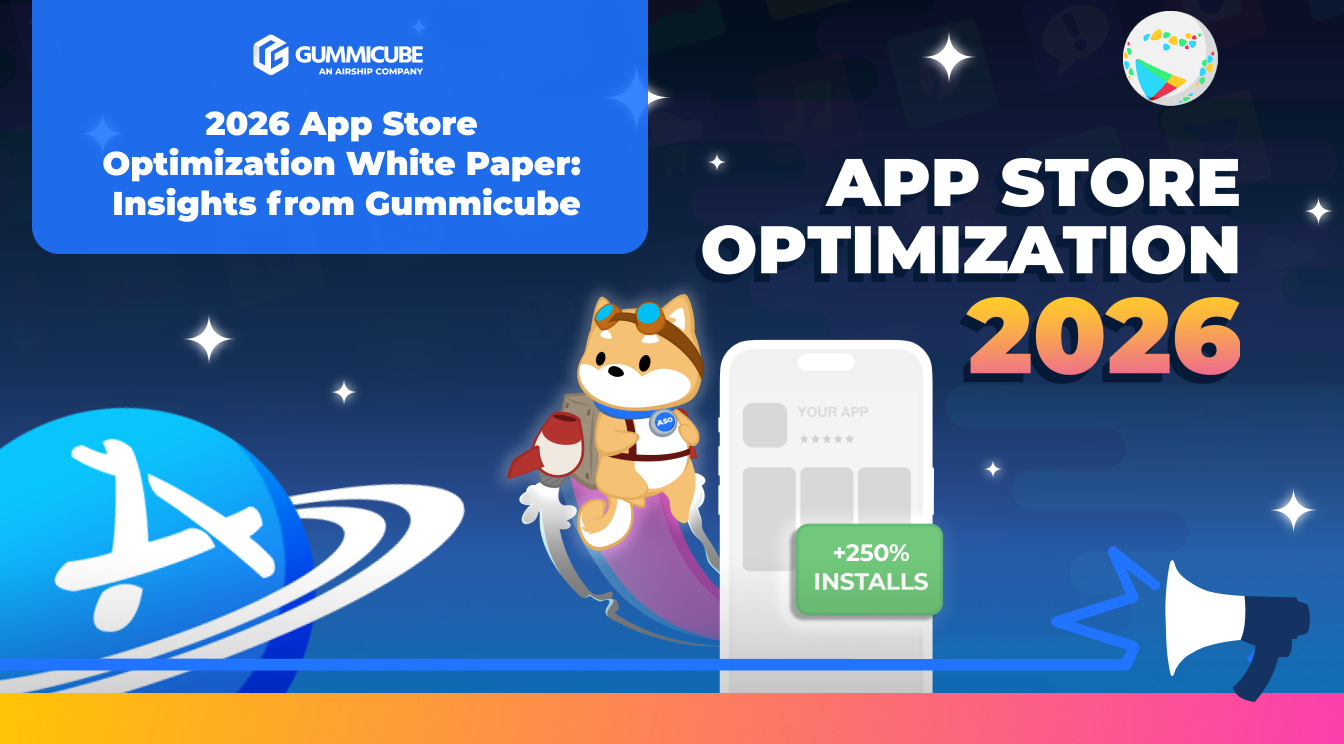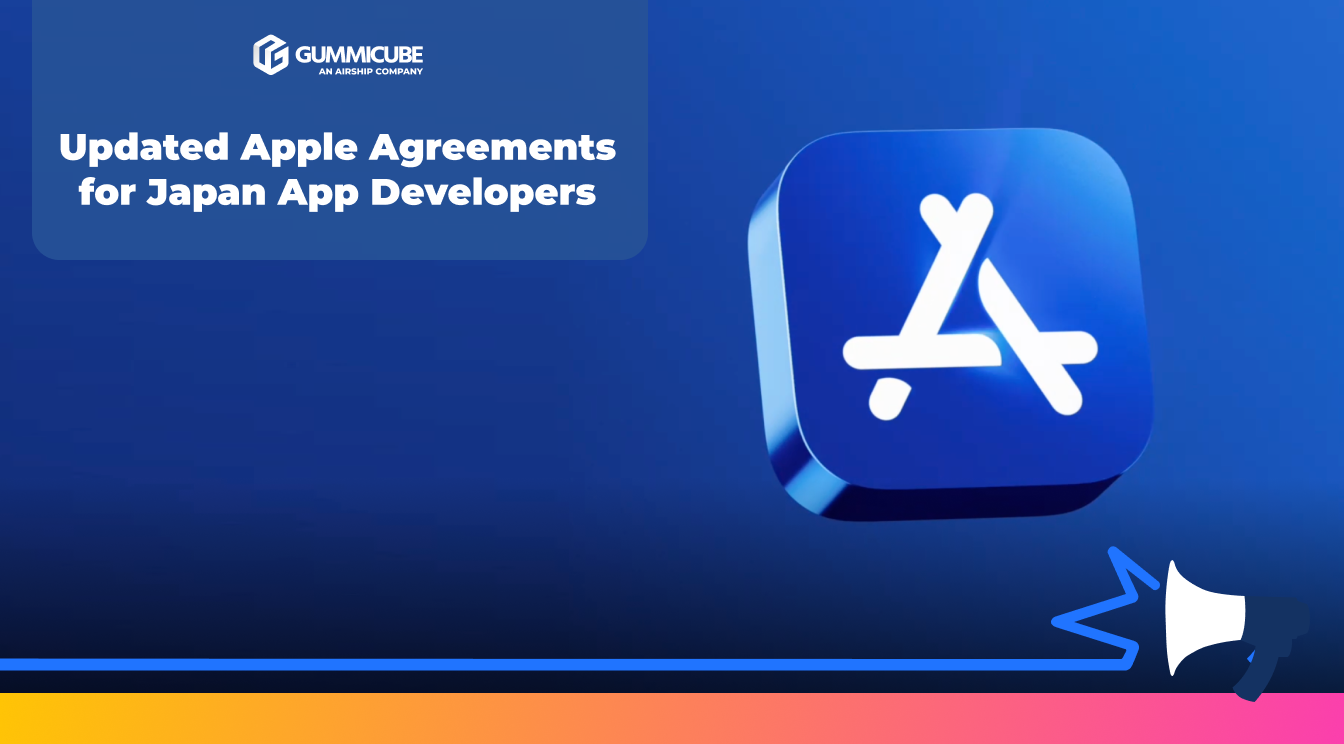The Open App Markets Act
August 16th, 2021


by David Quinn
VP of Strategy & Partnerships at Gummicube, Inc.
A bipartisan group of United States senators introduced a bill last Wednesday, August 11th, that proposes to limit the perceived stranglehold that Apple and Google currently have over the mobile app market. The Open App Markets Act--led by Senators Marsha Blackburn of Tennessee, Amy Klobuchar of Minnesota, and Richard Blumenthal of Connecticut--calls for a restructuring of the current payment systems on both the iOS App Store and the Google Play Store. In addition, this bill may force these tech giants to allow sideloading of third-party app stores and apps on mobile devices.
The 10-page bill leads with the purpose “To promote competition and reduce gatekeeper power in the app economy, increase choice, improve quality, and reduce costs for consumers.” Section three, Protecting a Competitive App Market, breaks down the proposed regulations in six parts, detailed below.

Left: Google Campus; Right: Apple Park Visitor Center
Exclusivity and Tying
The proposed regulations against exclusivity will sound familiar to anyone who has been following the Epic Games v. Apple legal battle, and the many other big companies like Spotify that have brought their grievances against the Cupertino tech giant to light.
For anyone who has been taking a tech detox for the past year, essentially these lawsuits have been brought against both Apple and Google, decrying the 30 percent commission fees imposed on developers for their respective app store platforms as unfair and monopolistic. Complaints also include the current policies of forbidding developers from providing alternative forms of payment for in-app purchases (that don’t go through Apple Pay or Google Pay) which would allow developers to circumvent this “App Store Tax”.
The Open App Markets Act states that companies like Apple and Google shall not require developers to use their in-app payment systems. Additionally, these companies may not set policies requiring equal or more favorable pricing for apps distributed on their app stores, and may not punish developers for offering different or more favorable pricing and terms on alternative distribution platforms.
Interference with Legitimate Business Communications
Another notable complaint brought against Apple is their current policy preventing developers from communicating deals, promotions, or alternative pricing options to their users within apps. Although Apple recently updated their guidelines to allow developers to send mass emails to their user bases that may communicate these offerings, it is still clearly stated that individual users may not be singled out.
The proposed bill indicates that these companies “shall not impose restrictions on communications of developers with the users of the App through an App or direct outreach to a user concerning legitimate business offers, such as pricing terms and product or service offerings.” If passed, this will clearly enable developers to target users who may benefit from these promotions.
Non-public Business Information
In a recent lawsuit brought against Google by 36 U.S. States, as well as the District of Columbia, it was alleged that Google attempted to purchase Samsung in order to eliminate competition posed by the South Korean tech company. Apple has been under fire for years for their tendency to release Apple apps that mirror the functionality of popular third-party apps to reduce the threat of competition.
The Open App Markets Act aims to address at least part of these concerns by preventing the use of “non-public business information derived from a third-party App for the purposes of competing with that app.” While it is unclear how impactful this will be in curtailing the anti-competitive practices currently seen on both platforms, there will at least be some assurance that developers may not see their apps cloned by these big tech corporations.
Interoperability
The bill also proposes giving users the means to choose default third-party apps that are not associated with the company provided operating system. This means that users would be able to sideload apps and app stores from third-party sources. Users could then set these alternative apps as their system default, and even hide or delete apps or app stores that are preinstalled on their devices.
This is one of the areas where there is some resistance to legislative changes, as Apple insists that sideloading apps and app stores that haven’t been vetted will open up devices to security concerns. The Android operating system already allows sideloading of both apps and alternative app stores, and while there are reports of malware and other harmful apps, they predominantly originate from within the Google Play Store itself.
Self-preferencing in Search
The bill states that these tech companies “shall not provide unequal treatment of Apps in an App Store through unreasonably preferencing or ranking the Apps of the Covered Company or any of its business partners over those of other Apps.” It goes on to define unreasonable preferencing as applying ranking algorithms that prioritize in-house apps as well as advertising for any in-house app that is not clearly disclosed.
Open App Development
Finally, The Open App Market Act declares that developers shall have access to operating system interfaces, development information, and hardware and software features in a way that is “equivalent or functionally equivalent to the terms for access by similar Apps or functions provided by the Covered Company or to its business partners.” This will provide developers with the full knowledge and freedom to create optimized apps for mobile devices on any platform or operating system.
Exceptions and Enforcement
Section 4 of the document outlines circumstances wherein the aforementioned regulations would not apply. This includes instances where user privacy, security, and/or safety could be put at risk, to prevent spam or fraud, and when such actions are taken to comply with State or Federal law. The requirements for establishing evidence that exceptions should be made are then clearly stated. Section 5 goes on to communicate how these regulations will be enforced, as well as penalties for violations and developers’ rights to litigation under the proposed act.
Overall
On Wednesday, August 11th, the United States senate proposed a bill entitled “The Open App Markets Act” which aims to curtail the immense market power currently held by the “Gapple” duopoly. This bill intends to provide developers and users with the ability to seek apps and payment methods that are not subject to the fees and controls set by Apple, Google, and other companies that own large mobile app stores. While currently just a bill, if passed into law this will be a huge step in the U.S. toward breaking up the mobile app market monopolies.
Want to learn more about App Store Optimization? Contact Gummicube and we’ll help get your strategy started.
Similar Articles

Posted on January 16th, 2026
If you are looking to better understand ASO or refine your current approach, the 2026 ASO White Paper offers the context needed to move forward with confidence.

Posted on January 9th, 2026
Large language models are actively shaping how users find and evaluate apps. Read more to discover the broader shift toward AI as a gateway for app discovery.

Posted on January 2nd, 2026
App Store success requires more than awareness of policy updates. It demands a thoughtful approach to ASO that aligns compliance with visibility.






